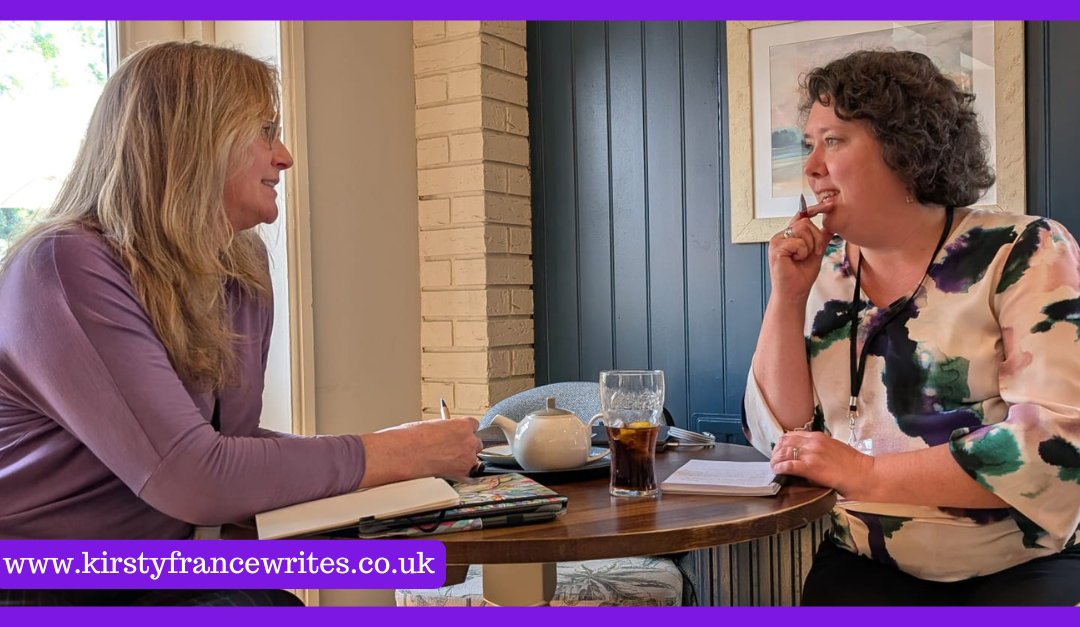
by Kirsty France | Dec 8, 2025 | marketing, Marketing plan
If you’re looking ahead to next year and planning your marketing, how are you feeling? If you find it daunting, it might be time to simplify things. Here’s my guide to help you create your marketing plan without the overwhelm. Where do your ideal clients find you? If...
by Kirsty France | Nov 3, 2025 | AI, copywriting
Yes, you read that right. I did say you need a human copywriter as well as AI, and not instead of it. You might think I’m opposed to AI, but I’m not. If you use it well, it’s a very useful tool, but it’s not a substitute for a real person. Here’s my guide to the pros...
by Kirsty France | Oct 13, 2025 | content ideas, content marketing, content strategy, content writing, marketing
I don’t do marketing strategy. Except, I kind of do. Sort of. Good copywriting is built on understanding who you’re talking to, where you’ll find them and what you want to achieve. We won’t get anywhere if the language I use to speak to your people misses the mark....

by Kirsty France | Sep 8, 2025 | Brand voice, copywriting
If you’re a one-person business and all your marketing is in your voice because you write it yourself, you might think you can’t hire a writer. I mean, you can’t outsource your writing when it has to sound like you, can you? The good news is, you can. Here’s how I...
by Kirsty France | Aug 28, 2025 | Brand voice, branding, content marketing, content writing, copywriting, writing
What does your marketing voice sound like? It might be a bit like your mum’s phone voice when you were a kid. You knew she was talking to someone important if her voice edged towards Lady Bracknell. The way you speak probably changes for different audiences, but how...






